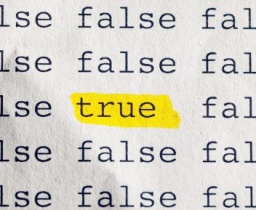Tuesday
7 JulNew Publication: “Digital Forensics, Deepfakes, and the Legal Process”
Agnes E. Venema (ESR 8) and Dr. Zeno Geradts (Netherlands Forensic Institute) have published a new article on the impact of deepfakes (digitally manipulated videos) on the legal process. The article appears in the summer 2020 edition of the SciTech Lawyer, published by the Science and Technology Law Section of the American Bar Association. Members of the section can access this thematic Forensics issue here.
Excerpt:
Deepfakes are receiving much attention because of their potential for use and abuse, and the fear that they might influence election campaigns because of their ability to create a hard-to-detect alternative reality. A deepfake can be essentially described as the video equivalent of a photoshopped picture. However, the technology behind creating deepfakes is vast and complex. With their proliferation among the general public, deepfakes are also finding their way into the courtroom. The first cases of fraud by deepfake have already been reported on, and deepfakes of famous actresses being superimposed in porn videos are rampant. This article will discuss what we believe to be some of the current issues around deepfakes and the influence we expect them to have on judicial proceedings in the not-too-distant future.
“Digital Forensics, Deepfakes, and the Legal Process” (opens PDF)
Acknowledgement: “Digital Forensics, Deepfakes, and the Legal Process” is published in The SciTech Lawyer, Volume 16, Number 4, Summer 2020. © 2020 American Bar Association. Reproduced with permission. All rights reserved. This information or any portion thereof may not be copied or disseminated in any form or by any means or stored in an electronic database or retrieval system without the express written consent of the American Bar Association.


